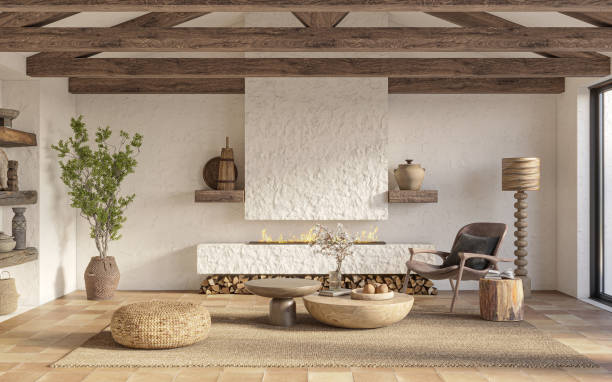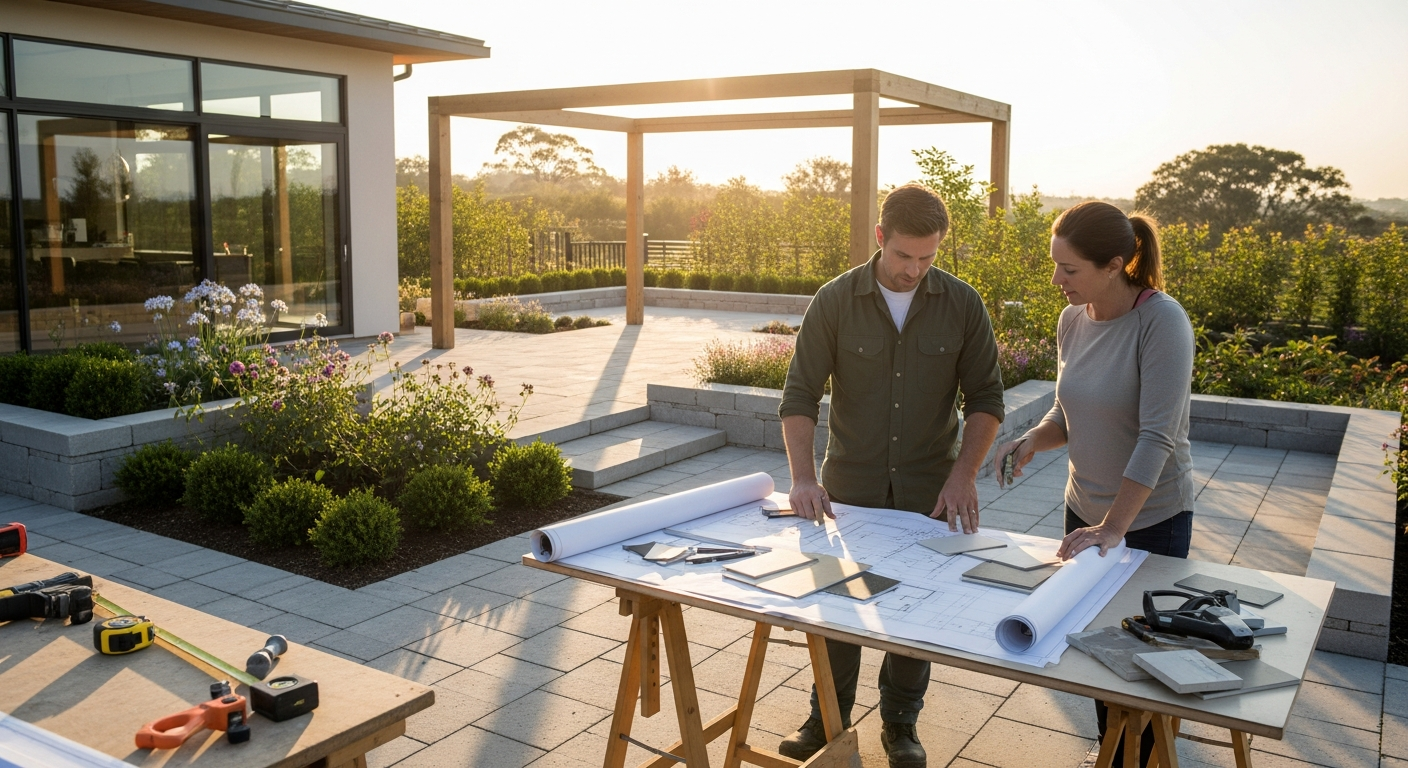Discovering the Allure of Wabi-Sabi: An Unconventional Approach to Home Decor
The beauty of imperfection has never been more celebrated than in the concept of Wabi-Sabi. This unique Japanese philosophy that finds charm in the naturally flawed has been quietly influencing the world of home decor for centuries. Let's delve into the history of Wabi-Sabi and how it can bring a fresh perspective to your living space.

Unearthing the Roots of Wabi-Sabi
Wabi-Sabi is an ancient Japanese philosophy that treasures the beauty of imperfection, irregularity, and transience. Emerging from Buddhist teachings, it has infiltrated every facet of Japanese culture, from tea ceremonies to architecture.
In the context of home decor, Wabi-Sabi translates to a preference for the natural, the rustic, and the imperfect. It is a celebration of asymmetry, rough textures, and weathered materials, rejecting the contemporary obsession with perfection and symmetry.
Wabi-Sabi in Today’s Interior Design
In the current design panorama, Wabi-Sabi has become a refreshing counterpoint to the polished, mass-produced furniture and decor that dominate the market. It urges homeowners to embrace the unique character of their living spaces, including the cracks, faded colors, and worn-out materials, instead of concealing them.
The Wabi-Sabi aesthetic is all about simplicity and authenticity. It encourages the use of natural materials, handcrafted items, and earthy colors. The aim is to create a peaceful, contemplative environment that reflects the beauty of the natural world and the passage of time.
The Practicality of Wabi-Sabi and Its Impact on Lifestyle
Adopting Wabi-Sabi principles at home is not just about aesthetics; it also promotes a more mindful and sustainable way of living. By appreciating the beauty in the aged and the worn, we learn to value longevity over disposability, significantly reducing waste.
Moreover, the simplicity inherent to Wabi-Sabi helps to declutter spaces, leading to a more organized and stress-free atmosphere. Having fewer items means less maintenance and more time to enjoy the things that truly matter.
Expert Insights on Wabi-Sabi
Many interior designers are endorsing Wabi-Sabi for its unique ability to transform a house into a home. They argue that the philosophy’s emphasis on authenticity and imperfection helps create spaces that are not just visually appealing, but also emotionally resonant.
Incorporating Wabi-Sabi into Your Home
To infuse your home with Wabi-Sabi, start by embracing imperfection. Opt for handcrafted furniture over mass-produced ones. Use natural materials like stone, wood, and clay. Allow your home to age gracefully, appreciating the marks and stains as symbols of a life well-lived.
Wabi-Sabi is not just a design trend; it’s a lifestyle that encourages mindfulness, sustainability, and authenticity. By incorporating this philosophy into our homes, we can create environments that reflect our true selves and bring us genuine joy.




